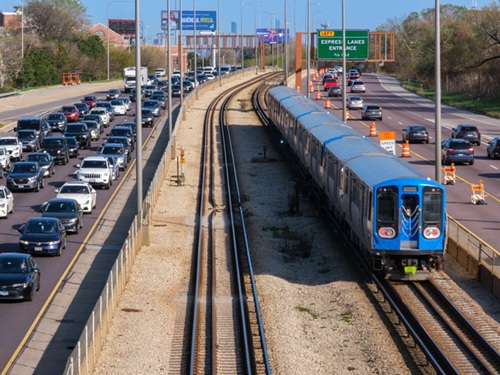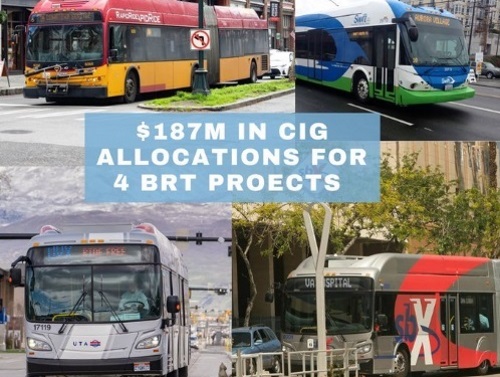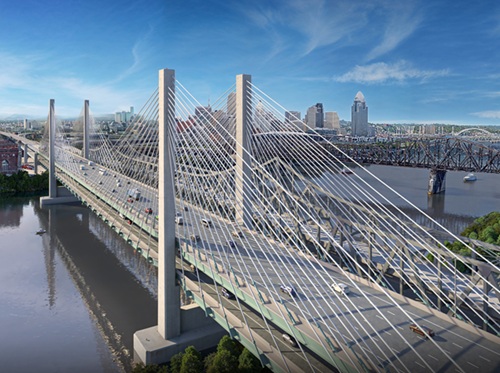The Federal Transit Administration is providing a total of $187 million to help fund four bus rapid transit or BRT infrastructure projects in three Western states: California, Utah, and Washington State.
[Above graphic by the FTA.]
That funding – disbursed through the FTA’s “small starts” initiative within its Capital Investment Grants or CIG program – follows the completion of multi-year statutory and regulatory requirements so they may receive those grants, FTA said.
The agency noted in a statement that BRT systems are “high-quality bus-based” transit networks that deliver “fast and efficient service” – networks that may include dedicated lanes, busways, traffic signal priority, off-board fare collection, elevated platforms, and enhanced stations.
With the right combination of features, BRT systems can help passengers avoid the delays that can slow regular bus services, like being stuck in traffic and lining up for on-board payment, FTA said.
The four BRT projects covered by this tranche of CIG funding are:
- The San Bernardino County Transportation Authority in California will receive $86.75 million for the 19-mile-long West Valley Connector BRT project. That funding also covers the purchase of 40-foot, zero-emission buses, and construction of 21 new bus stations.
- The Utah Transit Authority will get $3.2 million to support the 5.3-mile-long Ogden/Weber State University BRT Project as well as for the purchase of all-electric buses.
- Community Transit in Everett, WA, will receive $37 million for the Swift Orange Line BRT project; an 11.3-mile BRT corridor that includes 13 stations that should begin operation by March 2024.
- The City of Seattle’s Department of Transportation will receive $59.9 million for the Madison Street BRT project; a 2.3-mile east-west BRT line operating diesel-electric buses.
 Nation
Nation


